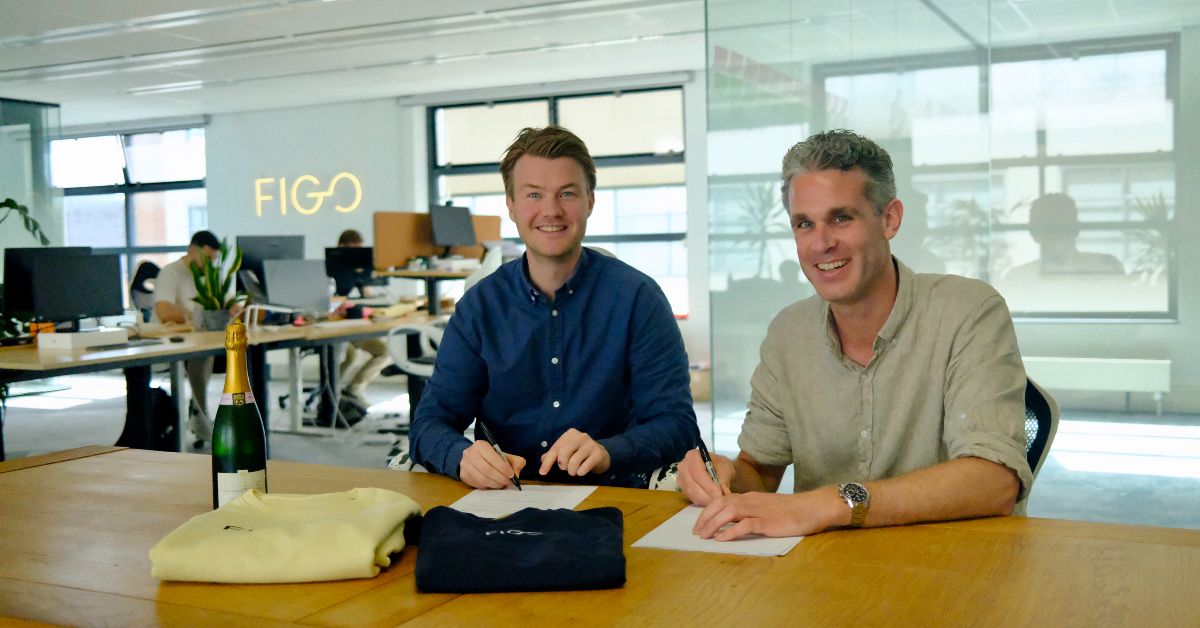85 per cent of jobs that will exist in 2030 haven’t been invented yet. Yes, you read it right !
So the pertinent question here is how do we prepare school-age kids for the future and set them up for success?
Kids are growing up in a world where technology is advancing rapidly. Technologies such as Generative AI, Robotics, and Quantum computing are shaping key industries.
Therefore, it’s imperative that we give young learners the foundation and inspiration to view technology skills as a superpower to enhance creativity and impact. This is the mission behind JetLearn!
Why Coding?
Apple CEO, Tim Cook believes that learning how to code is more important than English as a second language and rightly so. Apart from helping children develop critical thinking and problem-solving skills, coding also helps them express their creativity and explore diverse interests.
Learning is about compounding effects, and an early start sets up for an impactful trajectory. This is where JetLearn, an Amsterdam-based online coding and STEM academy that helps children learn new-age technology skills, came into the picture.
How it all started
JetLearn is a European online coding academy for kids that provides personalised live 1:1 online classes for kids ages 6-16. The company has learners in more than 46 countries. According to JetLearn, its mission is to empower children with a foundation in new-age technology skills like Coding, AI and Robotics in a fun, inspiring and hyper-personalised way.
Abhishek Bahl, former EU General Manager of Silicon Valley AI start-up AutoGrid and INSEAD alumnus with two patents in Artificial Intelligence, founded JetLearn to bridge the gap in school education’s lack of exposure to new-age technology skills.
Silicon Canals interviewed Bahl about the academy’s origin, challenges, business operations, funding, and expansion plans.
Curriculum Challenges
According to Bahl, the biggest challenge the company faced was building an amazing curriculum that is both fun and informative. “That’s what leads to learner’s sticking to it for the long-term, and realising the compounding effects of learning. We hired global experts in pedagogy and technology to build the most deep and broad curriculum to provide an enduring and inspirational learning experience,” he states.
JetLearn wants to make kids curious about and tinker with the technology they use everyday – how does the TV remote work? How do I build a website for my horse-riding school? I want to create my own game and put it on the app store – How ?
So how does it do that? He adds “Every child is unique and we provide personalisation at a scale where the starting point, pace, and duration of the course are specially curated as per the child. Each session strikes a balance between inspiring the child and challenging them at the same time.”
Bahl believes this personalisation is key for helping each child realise their full potential. “On one hand, Jetlearners are winning hackathons and getting into prestigious computer science programs at Oxford and Stanford. On the other hand, JetLearn’s personalised approach also supports neuro-diverse learners to get excited about technology and enhance their overall confidence in learning and communication.”
JetLearn’s curriculum is now backed by US based accreditation organisation – STEM.org and also certified by Education Alliance – Finland, which has one of the best education systems in the world.

Modus Operandi
The Amsterdam-based Live 1:1 online coding academy connects children aged 6-16 to the top
1 per cent experienced educators for Coding, AI, and robotics.
According to the founder, the age group was decided based on their research and market feedback, with platforms and curriculum tailored to each child’s age and capability.
For very young students (age 6), the platforms are very simple to use, like blocks of lego. As kids graduate towards a higher age, coding and scripting are also introduced.
“We also run a 24/7 Whatsapp-based contact centre to be fully responsive to our customer’s (parents) needs,” Bahl says.
The company also organises community events, workshops, competitions, and hackathons. To create awareness about new-age technology skills, the company has partnered with universities and schools, including INSEAD, the International University of Leiden, and the International School of Delft, to provide technology bootcamps for young learners. It has also partnered with corporates like Barclays and Shell to build awareness around the importance of learning to code for kids at an early age.
JetLearn conducts global hackathons where students join from all parts of the world and collaborate to co-create their projects. The next global Hackathon which is a Spring Hackathon & Festival for girls is scheduled for April 2023 to promote gender diversity in tech and encourage girls to pursue their interests in technology.

Jet-Propelled Growth
To date, JetLearn has benefitted 10,000+ students in 46+ countries.
Bahl shares “Initially, we were deliberately growing by word of mouth and organic referrals so that there was no compromise on quality.“
“Now, with the right processes, technology, and people in place, we are rapidly growing with new learners across geographies. JetLearn has over 100 core team members and educators on its platform, and is hiring talent across all teams. We only onboard educators with computer science degrees and a passion for teaching”, says Bahl.
Funding & Revenue
JetLearn raised €1.2M in a Seed round of funding led by INSEAD Angel Group and notable angel investors like Humera Afzal, CFO of Soho House and formerly of Backed VC, and Ritu Narayan, founder of Zum. Early-stage venture capital firm Antler also participated.
According to the company, it has grown from being present in four countries in early 2021 to having customers from 46+ countries, projecting a 10x impact growth each year.
STEM-ming the gender gap
According to Bahl, JetLearn is an exception to the significant gender gap in STEM fields, with 80 per cent of its team being women.
“JetLearn aims to encourage more girls to learn new-age technology skills and become creators for the future. JetLearn provides scholarships, events for JetMoms, and invites women tech leaders globally to inspire more girls about STEM and coding.”
“Our female JetLearners have already won Silicon Valley Hackathons and been accepted into prestigious programs like Oxford Computer Science. The upcoming Spring Hackathon for girls is one step towards STEM-ing the gender gap”, Bahl says.










01
From telecom veteran to Dutch Startup Visa success: The Jignesh Dave story